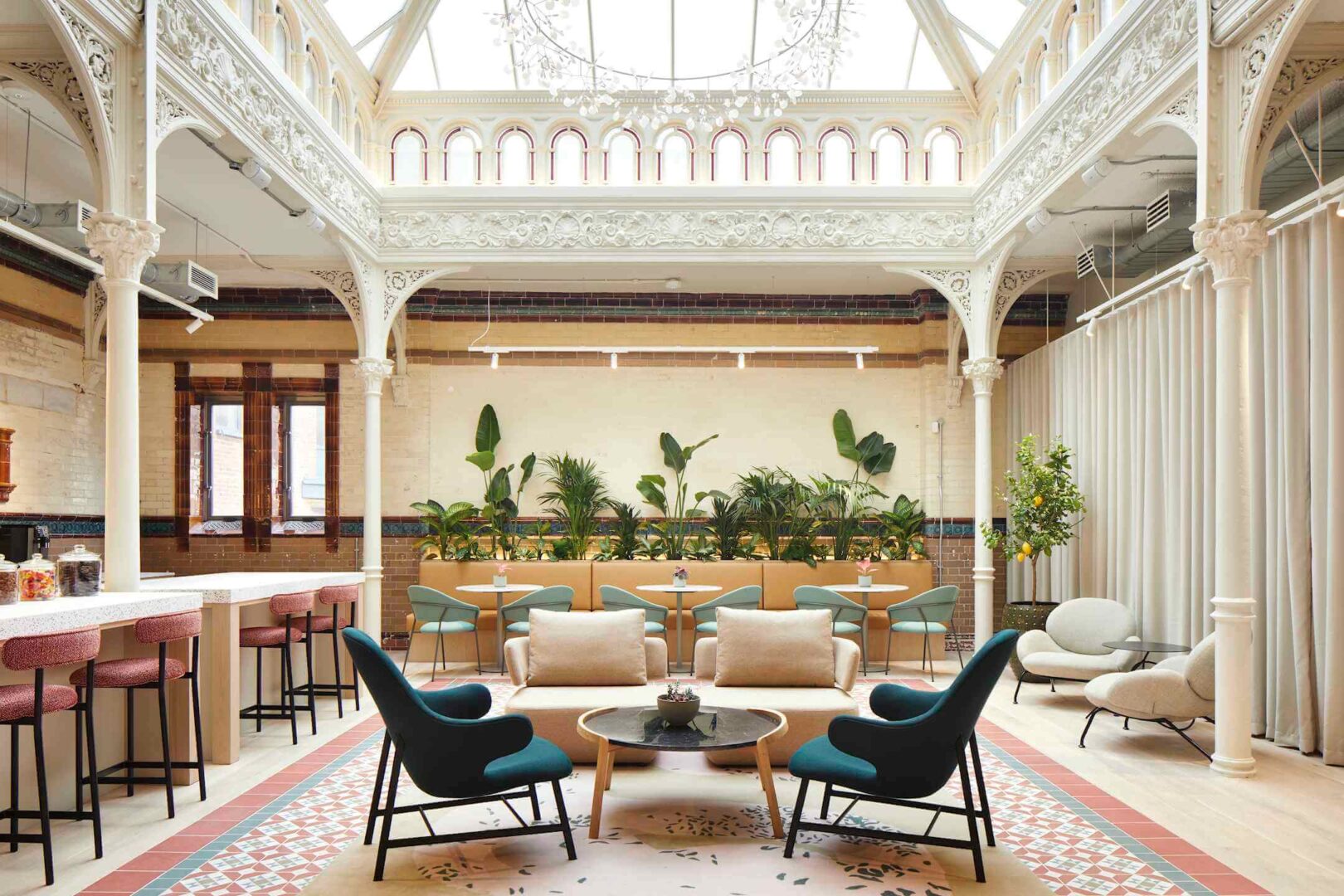When Canvas Events launched, it wasn’t backed by venture capital. There were no glossy pitch decks or multimillion-pound injections. Just a few laptops, some big ideas, and a deep frustration with how clunky and impersonal the venue-finding process had become. In a city teeming with stunning event spaces and inspiring clients, the team saw the gap: a platform that could bring them together with clarity, speed, and genuine connection.
Fast forward to today, and Canvas is one of London’s leading venue-finding platforms, completely bootstrapped from day one. And while it hasn’t always been easy, the journey has taught the team some invaluable lessons about product, people and pace.
The Power and Pain of Constraints
Bootstrapping is romanticised a lot in startup culture, but the reality is more sobering. Without the cushion of a cash reserve, every decision matters. You don’t build “just in case.” You don’t launch because the roadmap says so. You wait. You listen. You test manually. You only build when you’re sure it will move the needle for your clients.
This forced discipline has shaped the entire Canvas platform. The team didn’t rush features out to hit investor milestones. Instead, they worked closely with venues and clients to really understand their workflows. What seems like a slower approach on the outside often leads to deeper alignment and stronger adoption once things launch.
More from Startups
- The Invisible Costs of Starting a Business
- Why Saying “No” May Be the Secret To Keeping Your Startup Alive
- Enduring Professional Heartache: How To Survive a Co-Founder “Breakup”
- Top AI Startups in India 2025
- Beyond the Pitch Deck: How To Impress Startup Accelerators and Incubators
- Top 10 SaaS Startups in India 2025
- Founder of the Week: Janet Adams
- From The Bar to Breaking The Laws of Physics: Beating Big Beverage At Their Own Game
When Less Means More
Having limited resources also forced the company to be more thoughtful in how it scales. Every hire is strategic. Every tool is vetted. Canvas has resisted the pressure to grow for growth’s sake. Instead, the focus has been on resilience and staying power. Culturally, that’s created a team that is mission-aligned, hands-on, and ready to do things differently.
Canvas isn’t anti-investor by any means, but the team has seen first-hand how investor expectations can sometimes steer product development in the wrong direction, pushing for features that sound impressive in a pitch deck but fall flat in the hands of real users. Independence has given the company space to grow intentionally, not reactively.
Building What People Actually Want
At its core, Canvas is about removing friction, from discovery to booking. The venues on the platform are carefully curated, and the experience is shaped around direct communication, not endless forms or clunky intermediaries. And they’re only getting better.
With the recent launch of an enquiry management dashboard and in-app messaging, plus an AI-powered matching tool and prediction analytics coming soon, Canvas is bringing powerful tools to venues without losing its boutique feel.
The difference? These features weren’t dreamt up in a vacuum. They were developed through real conversations with venues, planners and brands who use Canvas regularly. That kind of feedback loop is harder to maintain when a company is running a sprint to Series B.
Growth on Their Terms
Yes, Canvas has considered funding. The lure of speed is tempting. But there are also creative alternatives tools like Capchase and other SaaS-based finance options that allow access to short-term capital without sacrificing equity or independence.
Bootstrapping has helped the company define growth on its own terms. It’s grown slower than some, but it’s grown better. More aligned. More trusted. And ultimately, more resilient. In a market full of noise, Canvas is proof that staying close to the product, the clients, and the company’s core values can take a business a long way, even without deep pockets.
Canvas may still be David in many ways. But it has built something that can stand tall next to Goliaths, because it knows who it’s building for, and why.
Visit canvas-events.co.uk to explore the curated venue collection

